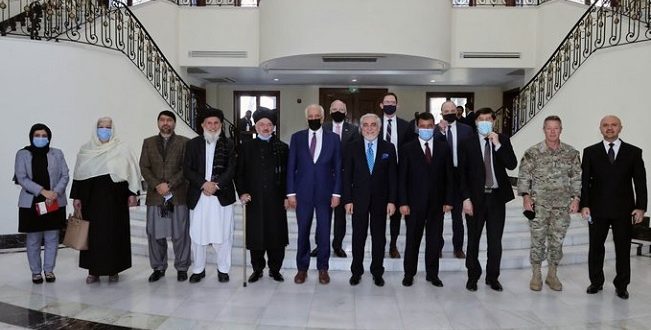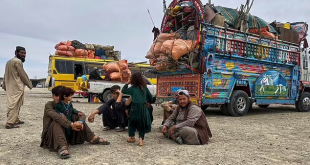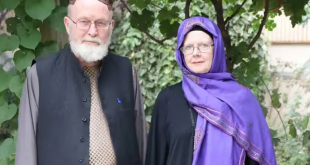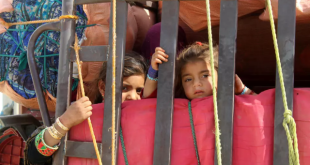The people of Afghanistan, who have used to be eager to hear news about peace, end of war and a calm situation, now seem to gradually lose hopes to a peaceful situation since they have been told so many conflicting words and viewpoints about efforts for peace. Zalmay Khalilzad, the veteran American diplomat who has gained enough political and diplomatic experiences in the past 20 years about Afghanistan, tries to wrap up his mission as the United States envoy for Afghanistan by convincing Afghan political leaders to agree with Washington’s peace plans to help America’s withdrawal. He is as hasty in this way as he offers “various options/alternatives” to the Afghan leaders. While the US diplomat speaks about his “productive consultations” with the Afghan leaders, the people hear different voices from government officials and politicians. What Vice President Mohammad Sarwar Danesh said Friday was conflicting to Khalilzad’s comments. Danesh rejected any plans in absence of Afghan government and “only based on demands of foreigners” who ignore the Afghans’ national interests. The demands and conditions for peace change day by day as people as the main victims of the long war are paying the heavy price of the long ongoing war. One puts prisoner release as condition to sit for negotiations, another one thinks interim or transitional administration are the best way of salvation in the war-hit country, while the third party opposes the ideas as destroyers of achievements, democracy and human rights.
President Ghani and his ruling team who see their benefits in continuing the existing government oppose any ideas leading to end of war. In fact, each of the ideas presented by different parties is based on personal goals that have also foreign hands behinds. If the brokers were really interested in a national resolve, at least there would have been little progresses to peace. If there was honesty, Taliban would have agreed with the ceasefire after thousands of their fighters were released from government jails. If there was honesty in peace, the government of Ghani would have stopped obstinacy and would bow to people’s demands, if there was honesty foreign states especially the United States would have abandoned dual game policies and would have followed one and firm policy to put pressure on interfering neighbors of Afghanistan to be either with the peace process or against it. It would have warned the interfering neighbors of any consequences of supporting militant groups who keep the war aflame that costs a lot for poor American taxpayers who gain nothing from a useless war.
 Afghanistan Times
Afghanistan Times




